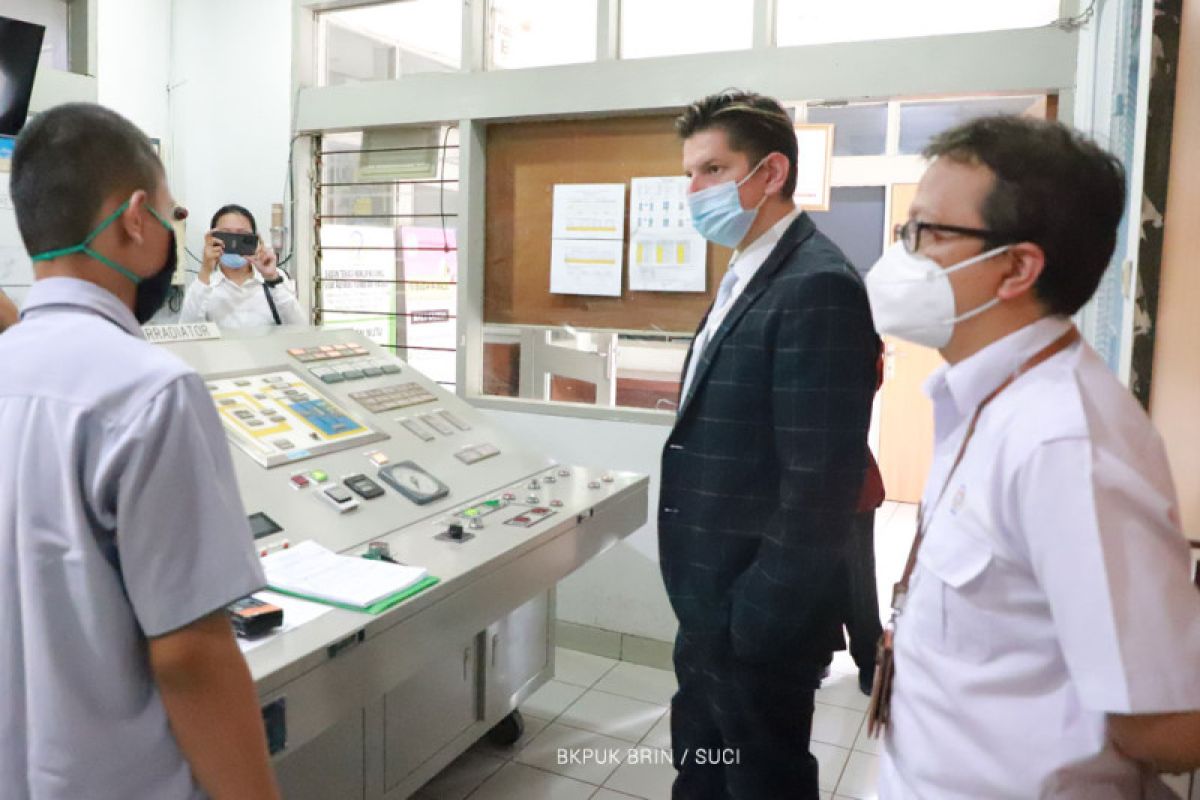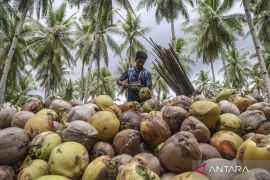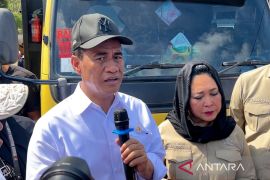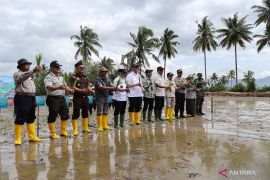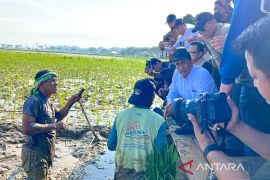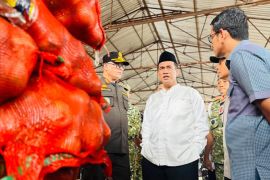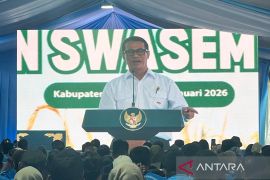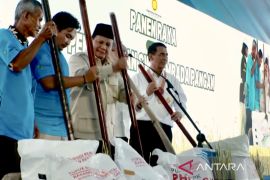The embassy is seeking to explore technology research potential, Ambassador of Costa Rica to Indonesia, Esteban Quiros Salazar, said in a statement posted on BRIN's official website on Monday.
Costa Rica is also keen to establish a relationship with Indonesia in research and development to improve the quality of crops, especially rice, he added.
Salazar visited BRIN's facility in Pasar Jumat, South Jakarta, last week. During the visit, he took a tour of BRIN's irradiator facility and agriculture as well as farming experimentation plantation area.
While receiving the ambassador, head of BRIN's Radiation Process Technology Research Center (PRTOR), Irawan Sugoro, informed that the agency has carried out a number of agriculture-related research activities.
One such research involves plant breeding using the radiation mutation technique to produce new varieties such as superior corn, rice, soybeans, and sorghum varieties.
In addition, BRIN is also conducting research on animals, which covers irradiated vaccines and animal feed supplements as well as RIA (radioimmunoassay) or IRMA (immunoradiometric assay) kits for animal reproduction, he informed.
Since the beginning of December 2020, BRIN's National Nuclear Power Agency (Batan) has managed to produce 44 superior plant varieties using nuclear technology, including rice, soybeans, green beans, sorghum, and tropical wheat.
Specifically for soybean plants, since the start of January 2021, Batan has managed to create 14 superior varieties of soybean seeds, most of which have already been introduced to farmers in the nation to improve productivity.
The superior soybean varieties comprise Kemuning 1, Kemuning 2, Sugentan 1, and Sugentan 2. Kemuning 1 and Kemuning 2 can adapt well to dry land compared to other soybeans and also have bigger seeds.
Related news: Subsidence augments risk of coastal flooding: BRIN Researcher
Sugentan 1 and Sugentan 2 have a very early planting age (67–68 days) compared to their parent plants (86–87 days).
The productivity of these varieties is also higher at 3.01 tons per hectare (ha), with the average reaching 2.5 tons per ha, while their parent’s productivity is pegged at 2.2–2.4 tons per ha.
Sugentan 1 and Sugentan 2 are the results of an improvement made in an existing variety, namely Argomulyo, using gamma radiation.
Nuclear technology is being utilized in plants to give them certain advantages, namely pest resiliency, drought resiliency, quick harvest, and higher production.
Related news: Young talents can help resolve regional problems: BRIN
Translator: Martha H S, Fadhli Ruhman
Editor: Rahmad Nasution
Copyright © ANTARA 2022
